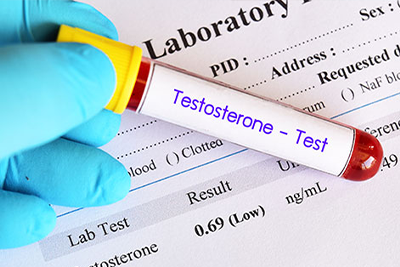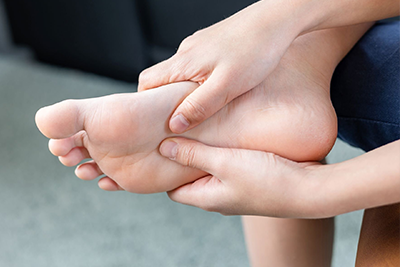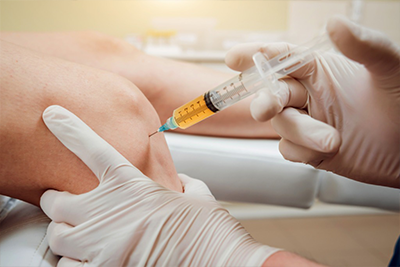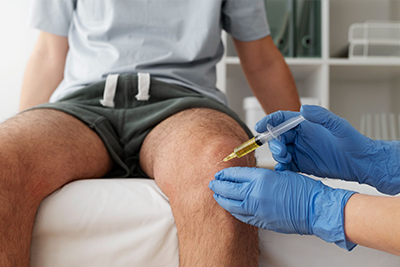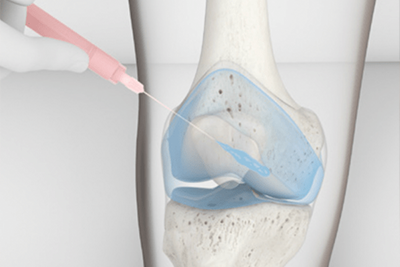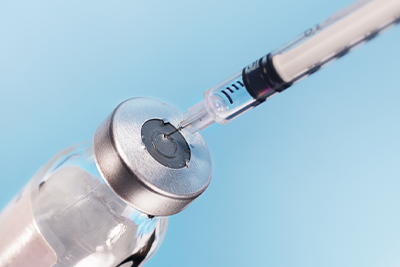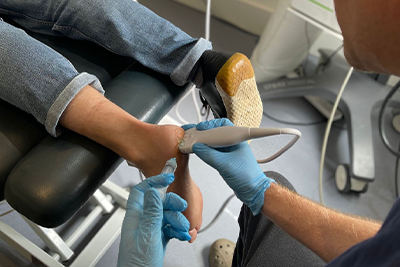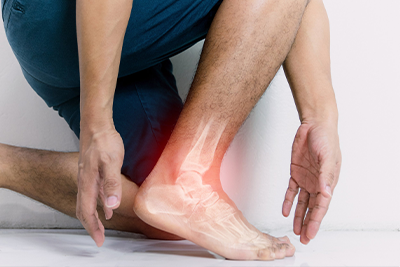Erectile Dysfunction (ED) is a condition characterised by the persistent inability to achieve or maintain an erection sufficient for satisfactory sexual performance. It’s a widespread issue that affects millions of men, including a significant proportion of the male population in the UK.
Understanding the causes of ED is vital for several reasons. Firstly, ED can be a symptom of other health issues, such as heart disease or diabetes, making it an important indicator of overall health. Secondly, the cause of ED often determines the most effective treatment approach. Lastly, understanding the causes can help in prevention and early intervention strategies.
Physical Causes of Erectile Dysfunction
Cardiovascular Conditions and ED
Cardiovascular conditions like hypertension and atherosclerosis can contribute significantly to ED. These conditions affect blood flow throughout the body, including to the penis, and can make it more challenging to achieve or maintain an erection.
Diabetes and ED
Diabetes is another significant contributor to ED. High blood sugar levels over time can lead to nerve damage and poor blood circulation, affecting erectile function. Reports suggest that men with diabetes are more likely to experience ED than those without the condition.
Neurological Disorders and ED
Certain neurological disorders, including multiple sclerosis, Parkinson’s, and stroke, can lead to ED. These conditions can impact the nerves required for an erection. Furthermore, neurological disorders often come with other symptoms like fatigue or mood changes, which can also affect sexual desire and function.
Hormonal Imbalances and ED
Hormonal imbalances, low testosterone levels, can be linked to ED. Testosterone plays a vital role in a man’s sex drive and erections. A significant drop in this hormone may lead to issues with sexual desire and function.
Physical Injuries and ED
Physical injuries, particularly those affecting the pelvic area or spinal cord, can cause ED. These types of injuries can disrupt the nerves involved in the erection process. Additionally, some surgeries in the pelvic region, including prostate surgery, can carry a risk of ED as a side effect.
Lifestyle Factors Contributing to Erectile Dysfunction
Obesity and ED
Obesity is a significant risk factor for erectile dysfunction. Excessive weight contributes to various health problems, such as diabetes and heart disease, which are known to cause ED. In addition, obesity can lead to lower testosterone levels, affecting sexual desire and erectile function.
Tobacco Use and ED
Tobacco use, mainly smoking, is another lifestyle factor closely linked to ED. Nicotine can constrict blood vessels, reducing blood flow to the penis and making it difficult to achieve an erection. Furthermore, long-term tobacco use can lead to chronic health conditions contributing to ED.
Alcohol and Drug Use and ED
While moderate alcohol consumption may not cause ED, excessive drinking can. Chronic alcoholism can result in liver damage, hormonal imbalances, and nerve damage, all of which can lead to ED. Similarly, certain recreational drugs can also affect sexual performance and lead to ED.
Sedentary Lifestyle and ED
Physical activity is beneficial for overall health, including sexual health. A sedentary lifestyle, characterised by low levels of physical activity, can contribute to several health conditions like heart disease, high cholesterol, and diabetes, known to cause ED. Regular exercise can help maintain healthy blood flow, regulate hormone levels, and improve mood and energy, which are beneficial for preventing ED.
Psychological Causes of Erectile Dysfunction
Stress and Anxiety as Causes of ED
Stress and anxiety can significantly impact erectile function. High-stress levels can disrupt the body’s hormone balance, decreasing sexual desire and preventing the body from generally responding during sexual arousal. Moreover, anxiety related to sexual performance can create a vicious cycle where the fear of erectile dysfunction makes it more likely to occur.
Depression and ED
Depression is often linked with erectile dysfunction. Men experiencing depression may have a reduced desire for sex, and many everyday medications used to treat depression can also cause ED. Furthermore, the stress and anxiety associated with chronic conditions like depression can exacerbate ED.
Relationship Issues and ED
Emotional elements play a significant role in sexual function. Strained relationships and unresolved conflicts can cause stress and anxiety that interfere with sexual performance. In such cases, relationship counselling may be beneficial in resolving the emotional issues contributing to ED.
Medications and Erectile Dysfunction
Certain medications used to treat various health conditions can contribute to ED. These may include antihypertensives (used to treat high blood pressure), antidepressants, antipsychotics, antiandrogens (used in prostate cancer therapy), antihistamines, and certain medications used to treat chronic conditions like diabetes or heart disease.
Many people may not realise that their medications could contribute to their ED. If you suspect your medication is causing ED, discussing this with your healthcare provider is crucial. They can review your current medications, consider the potential side effects, and offer alternatives or adjustments to your treatment plan that can help alleviate the problem. It’s essential to have an open and honest discussion about these issues to ensure your overall health is appropriately managed.
| Medication | Percentage of Patients Affected |
|---|---|
| Antidepressants | 25-30% |
| Antihistamines | 15-20% |
| Antihypertensives | 10-15% |
| Antipsychotics | 5-10% |
| Beta-blockers | 5-10% |
| Statins | 5-10% |
| Prostate cancer drugs | 10-20% |
| Chemotherapy drugs | 5-10% |
Aging and Erectile Dysfunction
As men age, they may experience changes in their sexual function. This can include decreased sexual desire, changes in sexual response, and developing conditions like erectile dysfunction. This is often due to a combination of age-related physical changes, including reduced blood flow and lower testosterone levels, and comorbid conditions more common with age, like cardiovascular disease and diabetes.
While erectile dysfunction can occur at any age, its prevalence increases. According to a Massachusetts Male Aging Study (MMAS) study, about 40% of men are affected by age 40, and nearly 70% of men are affected by age 70. This underscores the relationship between age and ED, although it’s important to note that ED is not an inevitable part of ageing, and many older men do not experience ED. Regular check-ups and a healthy lifestyle can help mitigate age-related risks for ED.
| Age Range | Percentage of ED |
|---|---|
| 40-49 | 17% |
| 50-59 | 35.5% |
| 60-69 | 68.8% |
| 70+ | 82.9% |
Identifying the Causes of ED
Identifying the root cause of ED is paramount for effective treatment. Since ED can be a symptom of an underlying health condition, understanding the cause can help address the core issue and improve erectile function. A thorough diagnosis often involves a comprehensive medical history review, physical examination, and sometimes, additional diagnostic tests. This process enables the healthcare provider to develop an individualised treatment plan that can yield better results than a one-size-fits-all approach.
Open communication with healthcare providers about symptoms, lifestyle, emotional well-being, and concerns is critical in diagnosing and managing ED. Sometimes, the problem might be a side effect of a medication or could indicate an undiagnosed condition. Sometimes, it might relate to stress, anxiety, or other psychological factors. By discussing these issues openly with a healthcare provider, individuals can ensure they receive the most effective, targeted treatment for their ED.
Related Articles
- Prevalence of Erectile Dysfunction in the UK
- Understanding the Link Between Testosterone and Erectile Dysfunction
- A Closer Look at the P-Shot in Promoting Men’s Sexual Health
- Erectile Dysfunction and Underlying Health Conditions
- Psychological Aspects of Erectile Dysfunction


